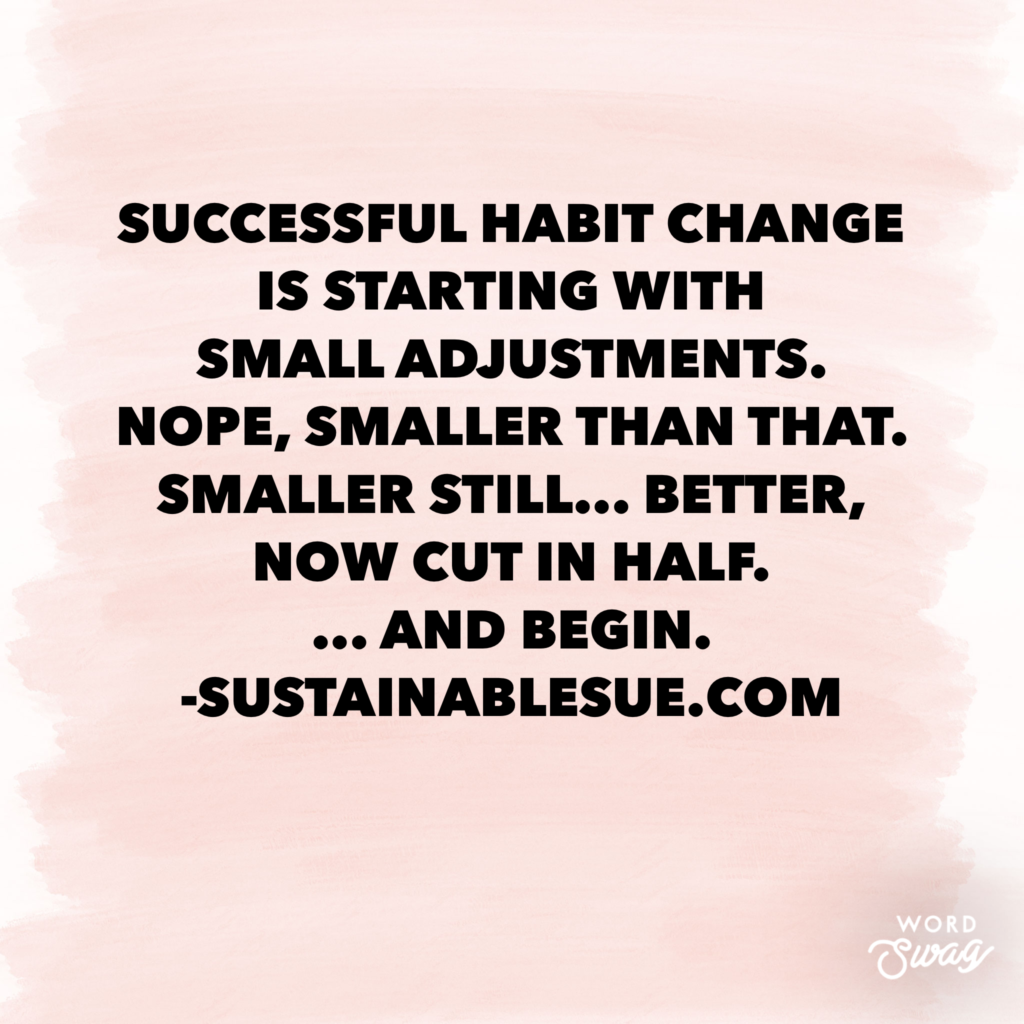**Disclosure: I am an affiliate of Bookshop.org, and will earn a commission if you click through and make a purchase.
Life hacks are keeping you from reaching your goals, and it is time to approach habit change differently. It seems like every day you see another click bait article or listicle about life hacks that will immediately solve your problems. Ironically the history of the meaning of the word “hack” is an insult. It is time to stop searching for life hacks and create your own opportunity for change.
When Opportunity Knocks
Harry Potter and the Sacred Text,
Book 4, Chapter 20: The First Task is discussed from the theme of opportunity. One particular comment by
Vanessa stuck out to me, “When you have agency over the choice – you have the control over what piece of it is accessible for you.”
Opportunities will come in all sizes, shapes, and intensities. Some are welcome, some are not. Sometimes you feel like you have control over the opportunity, sometimes you do not.
For example, a client I worked with once was diagnosed with Type 2 diabetes. At first Carol was devastated by this news because she thought this meant an end to love of cooking. She did not have control over this opportunity. It was a scary change that was dropped in her lap unexpectedly.
Together we focused on what piece was accessible to her. What was she in control of? Carol made a list of what she could do. She could not change the Type 2 diabetes diagnoses, but there were some opportunities that were in her control. Here are a few items from her list:
- Talk to the dietician about required cooking habit changes.
- Search online for substitutions to favorite recipes.
- Follow new food blogs and social media accounts of chefs cooking healthier.
- Talk to favorite vendors at the local farmers market about what to change about new recipes in order to make them taste less bland.
Carol did not tackle the entire list at once. Habit change needs to come in bits and pieces – right-sized chunks for what feels like you can sustain over time.
Right-Sizing Your Opportunity
Short cuts will eventually fail. This is my issue with “life hacks.” Habit change is an intentional practice to help you create a life you don’t need to escape. It is not a quick fix scheme to make it look to the world as if you solved a problem. Life hacks are keeping you from reaching your goals. I want to suggest a different way forward.
Break your opportunity down into smaller pieces. Right-sized pieces for what is sustainably productive in your life right now. Steps so small that they might seem ridiculous or a waste of time. Carol’s first item on her habit change list was “Talk to RD about required cooking habit changes.” This seemed like an overwhelming task when Carol thought about all the things she needed to learn. So we broke it down to right-sized steps.
Her first action step was to set up the appointments. This was done in a phone call – 4 sessions over 2 months on the books. If this step seems too big for you, a smaller step could be to put time on your calendar to make the call. Or a task on your to do list to get a referral from your doctor of RD’s to call.
Creating our own opportunities and accomplishing their related tasks will make you feel more in control of the situation and reduce your stress. It will help give you momentum towards the next step in the process.
Once Carol had the appointments made, her next small step was to prepare for the appointment. It was unrealistic to do this all in one step. What was the right-sized opportunity for her was to get one of her son’s unused school notebooks from a drawer and put it in her purse. Whenever she thought of a question, she added it to the notebook. She even got creative and made sections of her notebook for food selection, cooking, and a dedicated area for desserts (her favorite).
Small habit change is sustainable, but don’t fall into the trap of not continuing to build on these changes over time. When Carol realized a few days went by without her recording questions in her notebook, she set a reminder on her phone to update her questions list twice a day.
Make
habit change an iterative process by evaluating what isn’t working and make adjustments. Set yourself up for success with reminders and scheduling. The small steps that may seem too silly to continue will add up over time if you are consistent with them and continually making adjustments when they no longer work for you.
Changes that seem small and unimportant at first will compound into remarkable results if you’re willing to stick with them for years.
Let’s meet up over on
Facebook to talk more. What habit change you are currently working on? Is it going how you want it to – if so, what is working? If not, how can you break it down to make smaller opportunities for you to succeed?


Leave A Comment